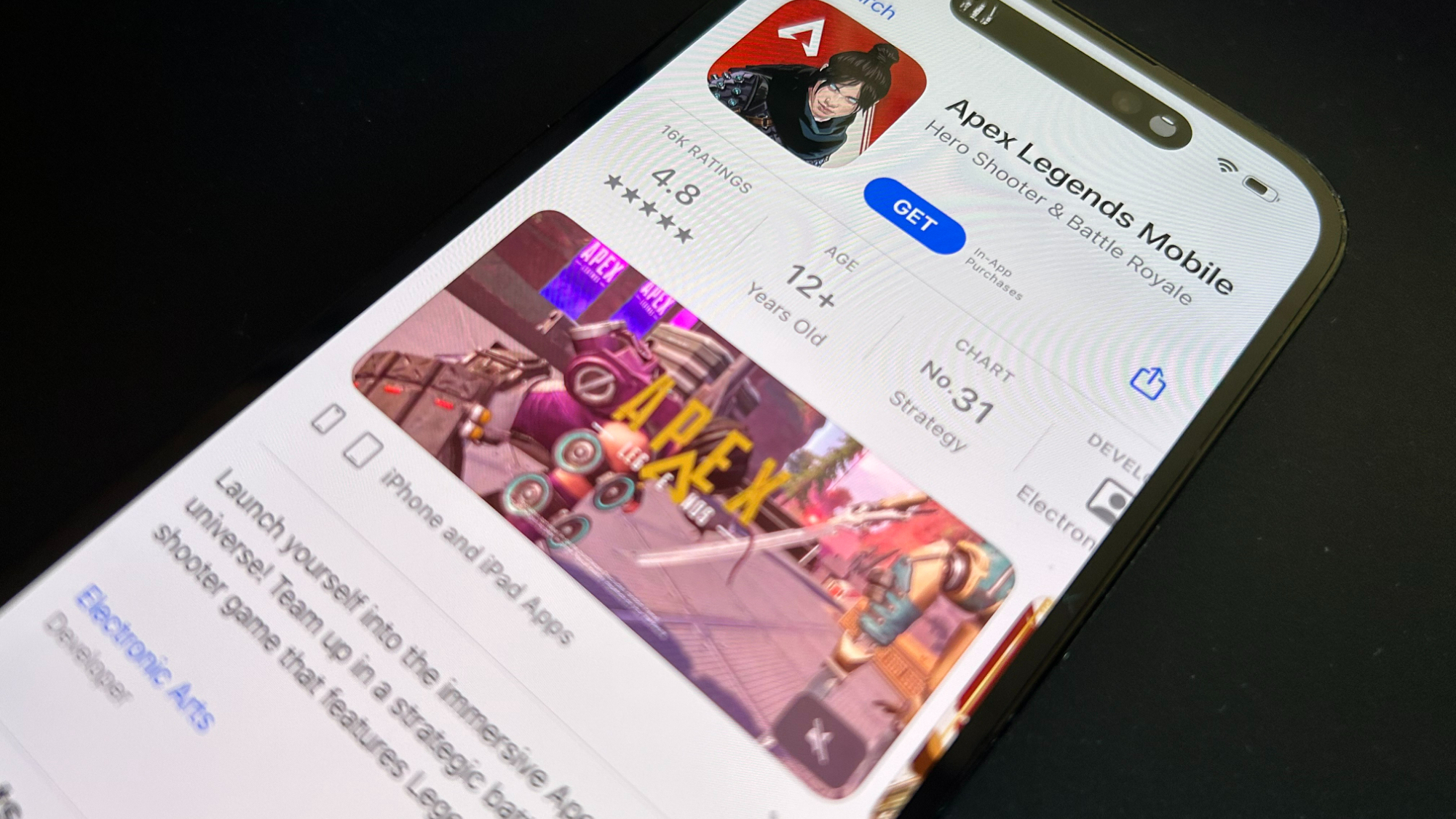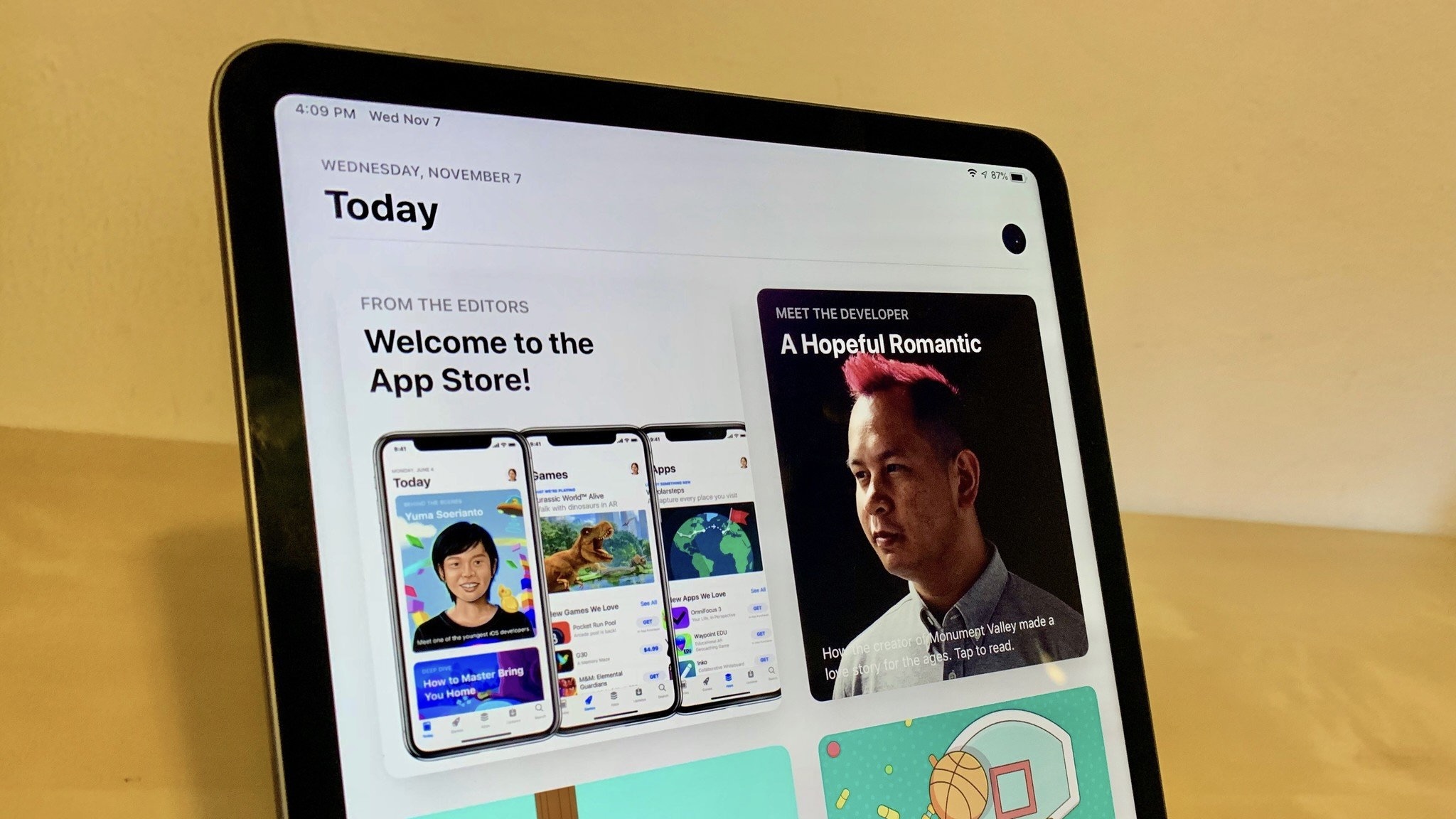Apple is not backing down from the EU and Spotify, and I think it is right
Pro-consumer? Or anti-big tech?

I know what you’re thinking: “Here’s another Apple fan coming to its defense.” And you’re right, sort of. If you’ve read anything I’ve ever put online, you’ll have been able to puzzle out that most of my tech is from Apple, and yes, I am a fan of the company. But I’m not here to defend Apple for Apple’s sake. I’ve criticized moves it has made in the past — the company isn’t perfect. And while this is a nuanced topic, I’m on Apple’s side. The company should be standing up to the EU, Spotify, and anyone else coming at them for unfair competition.
Why? It’s quite simply not the case. The EU and certain brands are acting against Apple under the masquerade of being “pro-consumer” and against “anti-competition practices.” But they’re simply excuses to hide the truth: they’re just anti-big-company. And they certainly don’t like it when they don’t get their way. But don’t just take my word for it. Nor Apple’s, for that matter, despite the somewhat whiny (while correct) press release issued the other day. Let’s look at why I’m on Apple’s side.
Is there any merit to Apple’s adversaries?

Here, we’re going to look at two of Apple’s biggest adversaries at the moment: the EU and Spotify. We’re not talking about countries in Europe, but rather the EU organization, and the regulators behind it. Apple is undergoing similar scrutiny from other parties, such as Epic Games (remember that lawsuit?), but that’s not what we’re focusing on here.
Apple was recently fined a rather hefty amount of $2 billion by the European Commission for “abusive App Store rules” that affect music streaming apps. Who’s the biggest advocate of this penalty? Why Spotify, of course! Apple’s response was an emotional press release that explained why it felt the fine was unfair, pinning the blame on Spotify. Of course, Apple is going to defend itself. But do you know what? It’s right.
The reasoning behind the fine is that Apple allegedly broke EU rules on anti-steering. With the fine, the EC alleges that Apple banned music streaming apps from fully informing iOS users about cheaper music subscription services outside of their apps. But is that really true?
As Apple claimed in its own defense, there are ways that music streamers (and all other apps) can inform users about cheaper pricing tiers. How? By adding a webpage. To quote Apple, “Under the App Store’s reader rule, Spotify can also include a link in their app to a webpage where users can create or manage an account.” Apple also cites Spotify as being able to use other marketing to tell users about pricing tiers.
And Apple’s bang on the money. While perhaps a more recent rule, Spotify can redirect users to its website via its app. It can choose to do this with whatever text it wants, so can make it clear it’s for cheaper pricing. But Spotify has chosen not to do so. Instead, it wants to make Apple change its App Store rules to let it skirt the In-App Purchase system, from which Apple takes a commission. Spotify doesn’t want to pay Apple the fee it charges to use its services. That’s not exactly fair, is it?
Master your iPhone in minutes
iMore offers spot-on advice and guidance from our team of experts, with decades of Apple device experience to lean on. Learn more with iMore!
As Apple explained, Spotify gets access to iOS, CarPlay, Siri, and other Apple devices. It uses Apple’s APIs, technologies, and App Store for free marketing. And what does this cost Spotify? Absolutely nothing. So when Spotify is presented with a charge, per Apple’s rules for everyone else, it wants to throw a hissy fit and scream “not fair.” When, in fact, it’s completely fair. It’s Apple’s platform and Apple gets to make the rules. If you don’t like them, you don’t have to be on the App Store. But nope, Spotify wants to have its cake and eat it too, disguising its complaint under the accusation of Apple being “anti-competitive.”
However, Spotify is far from the only company accusing Apple of anti-competitive practices. The EU is the biggest advocate of this claim and has forced Apple to allow third-party App Stores and contactless payment solutions. Why? Because Apple has never allowed them before, and the EU thinks this is anticompetitive. It claims you’re forced to use Apple’s solutions and don’t have another choice. That’s sort of true, but puts a false spin on things to back up unproven allegations.
Any developer can get themselves on the App Store. They just have to go through Apple’s process and pay a commission on any purchases customers make. So, some don’t want to do this. Some developers want to release software away from Apple’s methods to avoid this charge. It’s the “getting what I want” mentality all over again. With features like Apple Pay, you’re locked into Apple’s solution, yes. But that’s somewhat the point of the iPhone. If you want free reign over every feature, setting, and functionality of your device – that’s what an Android smartphone is for. Apple’s devices play by Apple’s rules. Everyone knows that. And it’s what allows Apple devices to be simple and “just work.” It’s the essence of the Apple magic – which is why people go to Apple in the first place. So removing that isn’t pro-consumer, it’s almost anti-consumer – taking away what the consumer wants.
How can something be pro-consumer, if consumers don’t want it?

The EU and Spotify want to make their own rules because they don’t like Apple’s. They’re claiming to be pro-consumer. But, as I’ve already said, this is a disguise. It’s not pro-consumer, it’s anti-big company. Apple’s so big it can set its own rules. But some people aren’t happy with this and want to bend the rules to fit their whims. But how can something be pro-consumer, if consumers don’t even want it?
A lot of people buy Apple’s devices because they “just work”. They’re simple, features are easy, and the ecosystem makes sure things play nicely together. If you start to mess with this, you start to mess with the magic of Apple devices – and that’s the reason people want to buy them in the first place. But you can’t very well prove what makes an iPhone “magic.” That’s subjective, not objective. It’s pretty clear that most consumers don’t actually want these changes, and there’s evidence to back it up.
It’s pretty easy to switch browsers on your iPhone already, you can easily do so via Settings. Despite this, 55% of iPhone users browse with Safari, per a recent report. It goes further, though, as 49% of respondents in this survey have never changed their mobile browser. Clearly, the users who want to change up their browsers have no trouble doing so. However, the majority of users want to continue using what Apple ships out of the box. It’s a little harder to try and look at who’s been sideloading apps. But looking at Google’s trends for people searching “How to sideload iPhone app” or just “sideload iPhone app,” we can see that interest has been pretty low, with big spikes in the recent months that it’s been in the news. Estimates (from startup experts) predict that 95% of iPhone users don’t even know what sideloading is, never mind actually looking to try it. Do you think your family members who have an iPhone want to download a third-party app store? Would they even know what that is? That’s not saying iPhone users are dumb, the general population of consumers just simply aren’t interested in that. It’s not what the masses want – it’s a niche.
You have the option not to opt-in to any of these features, so most consumers can leave them alone, right? In theory. But because the EU wants to be really stubborn, they’re forcing Apple to add onboarding screens that force you to pick a browser. When you set up an iPhone, you’ll now have to go through an extra screen to pick software. That’s not the Apple experience. It’s clunky and confusing if you just want things to work. And what if you don’t even know what alternative browsers are? Would your grandma know what to pick here if she got a new iPhone, or would she ring you to ask? It gets even more confusing, with similar pop-ups for the default App Store or contactless payment option inevitably in the pipeline. And some apps will be able to withdraw from the App Store entirely, forcing you to figure out how to download an alternative app store. How consumer-friendly is that?
It’s no longer opt-out, it’s forced-in. Consumers are being forced into something they don’t want under the guise of being “pro-consumer.” Apple is being fined and forced to do things by an entity that shouldn’t have any opinion on the matter, under the name “pro-consumer.” But when it’s not “pro-consumer,” it’s an abuse of power. It’s throwing your toys out of the pram because you’re not getting what you want.
But Apple is not having it. It’s fighting back. These forced measures are only an option in the EU and will disappear if you’re in another location for too long. Is it petty? Potentially. But Apple’s options are limited. It’s making things just as awkward for the EU as the EU is making things for Apple. And I’m on Apple’s side. It should fight back, and I hope that it comes out on top.

Connor is a technology writer and editor, with a byline on multiple platforms. He has been writing for over eight years now across the web and in print too. Connor has experience on most major platforms, though does hold a place in his heart for macOS, iOS/iPadOS, electric vehicles, and smartphone tech.
